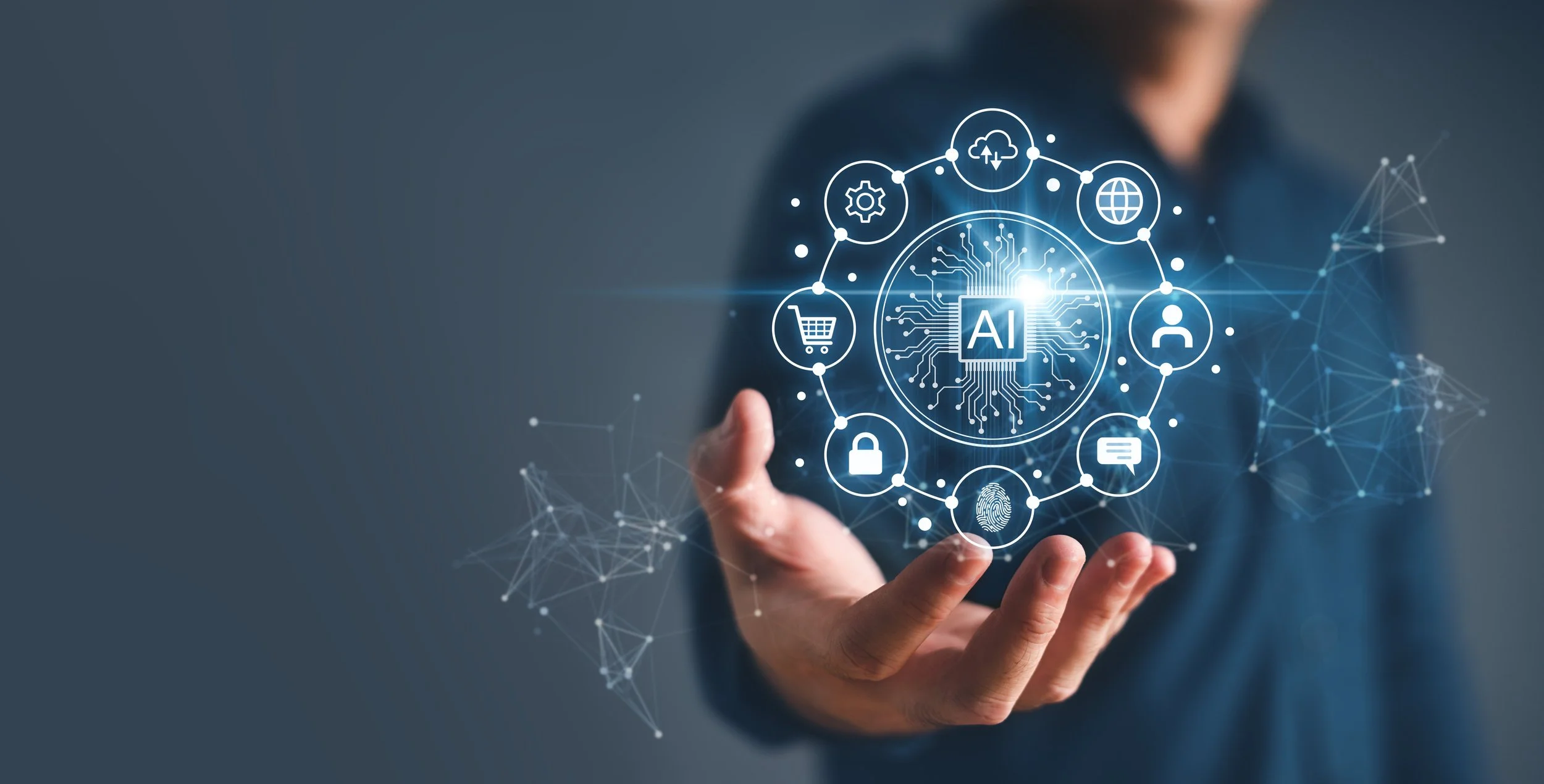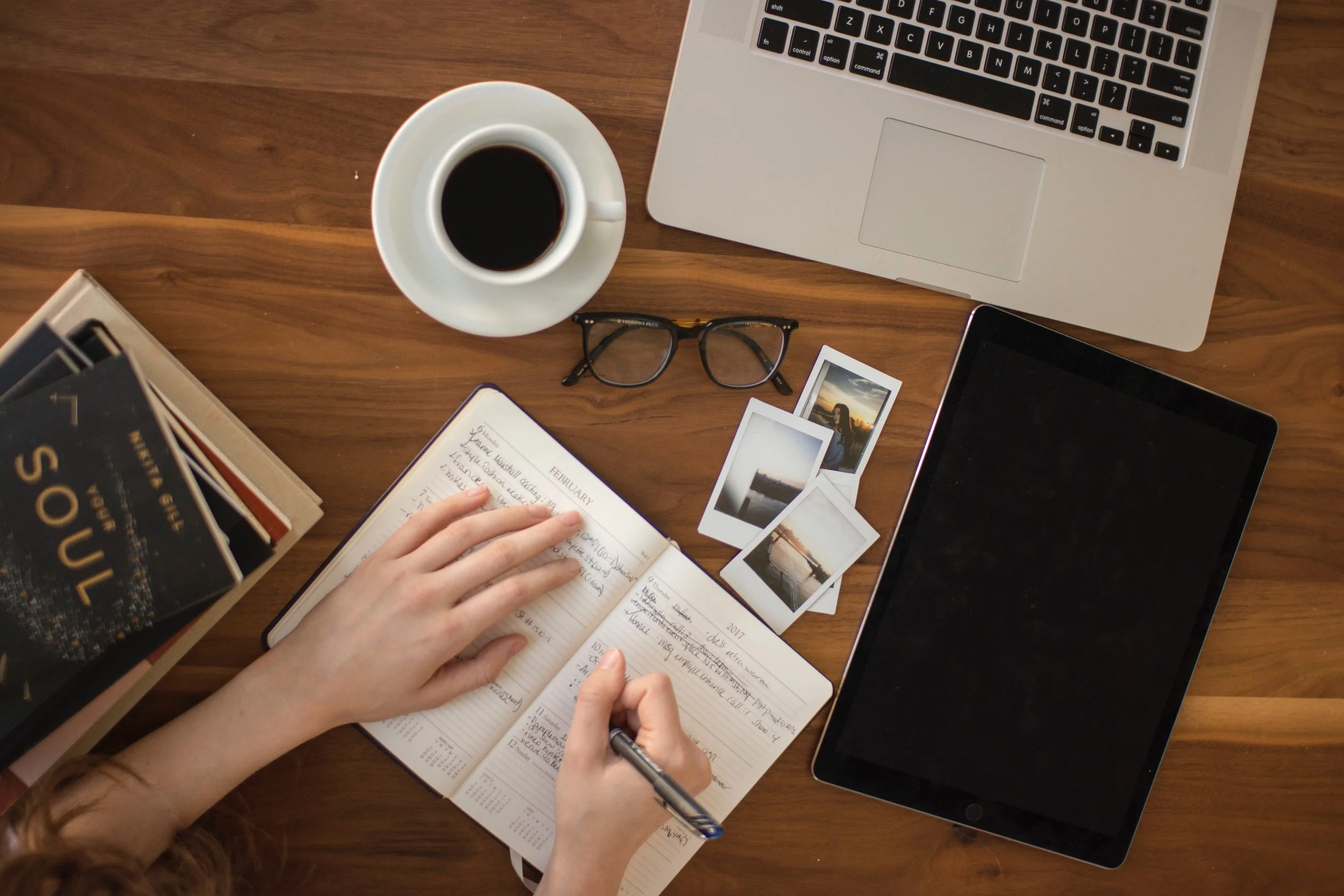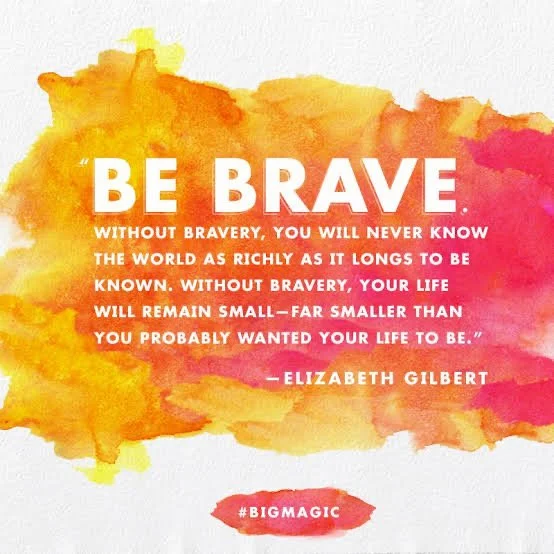As the days shorten and the temperatures drop, many of us feel a noticeable shift, not just in the weather, but in our energy, our mood, and our motivation. Dark commutes bookend our working days, and the lack of sunlight can leave even the most driven among us struggling to show up to work with the same spark we had in summer.
I don’t know about you but despite my best efforts to enjoy cosying up by the fire and an early night I still feel compelled to hibernate as I smash packets of tim tams on the sofa come winter! There’s something about this season that makes it harder, especially to get up and go to work. SAD (Seasonal Affective Disorder) runs in my family and I feel it like the flick of a switch come the end of daylight saving.
It’s also the time of year for coughs and colds and commuting on public transport can become a high-risk activity or just an extra load on an already tired immune system.
I often marvel at nature at this time of year and how it changes. The birds get up later and go to bed earlier as the daylight hours change, they’re less active in the day because there’s less food and it takes more energy to fly around in the cold. The trees lose their leaves and some animals even hibernate, taking rest to allow for spring's renewal and regeneration.
Author Katherine May explores this idea beautifully in her book Wintering: The Power of Rest and Retreat in Difficult Times. She writes about winter not just as a season, but as a metaphor for the times in life when we need to pause, reset, and take care of ourselves. She encourages us to stop pushing through and instead find rhythm, rest, and renewal in the heart of winter.
I think we can learn a lot here and take a leaf out of nature's book. Now, most of us are not in a position to hibernate and take winter off (wouldn’t that be nice!) but if we understand our rhythms and know that it might be harder to navigate work across this particular season we can make allowances and small adjustments that can help.
Winter isn’t only a season of struggle, it also holds the potential for deep comfort and connection.
The Danish art of hygge (pronounced “hoo-gah”) embraces this wholeheartedly. Hygge is about cultivating cosiness, simplicity, and warmth, often through small, sensory pleasures: a hot cup of tea, woollen socks, candlelight, or shared meals with loved ones. It reminds us that winter can be a time to slow down and savour the indoors.
At work, this might mean adding softer lighting to your desk, taking time for a nourishing lunch, or creating space for meaningful conversations with colleagues. By bringing a little hygge into our days, we can shift our experience of winter from something to endure into something we gently enjoy.
Winter is a time of slowness, of turning inwards and yet our schedules don’t often allow this. Work doesn’t change or flex dependant on the seasons but our circadian rhythms do, so how can we be our best during these months and continue to show up at work with enthusiasm? Here are some tips to get you started.
Chase the light
Get outside during daylight hours whenever possible, but particularly in the morning. Go for a walk at lunchtime if you're in an office. Open blinds fully and sit near windows.
Keep moving
Regular movement helps counter the sluggishness of winter and releases endorphins. Try brisk walks, yoga, or indoor workouts to boost both physical and mental energy. But also take exercise "snacks" throughout the entire day: climb the stairs, walk around the block, take the long way to the loo. Research shows we need to move our bodies throughout the day, not just when we're officially "exercising".
Eat warm, nourishing foods
Focus on seasonal whole foods: root vegetables, soups, stews, and warming spices like ginger and turmeric. Reduce excess sugar, caffeine and alcohol, which can contribute to energy crashes and low mood.
Prioritise sleep
Shorter days can mess with circadian rhythms, aim for a consistent sleep routine. Avoid screens before bed, wind down with a book or meditation, and make your bedroom a warm, restful space.
Create a winter sanctuary
Make your home or workspace a cosy, inviting environment: think soft lighting, warm throws, candles, or essential oils. Your surroundings can shift your mood more than you realise.
Stay social
It’s tempting to hibernate, but connection combats the winter blues. Schedule casual catch ups, coffee dates, or join local classes or events, even virtually.
Plan the little joys
Give yourself things to look forward to: weekend outings, movie nights, holiday planning, or a mid-week treat. Anticipation is a powerful mood booster.
Redefine productivity
Instead of pushing to “do more,” winter invites us to ask: What matters most right now? This season may not be for big sprints but for slow, thoughtful progress. At work, this could be a time to prioritise depth over speed, planning over hustle.
As Katherine May reminds us, “Plants and trees take their time in winter. They prepare. They rest. They accept the season.” We can do the same. Instead of resisting the winter months or trying to hustle through them unchanged, we can choose to navigate them more gently, more consciously.
Written for 1News



























